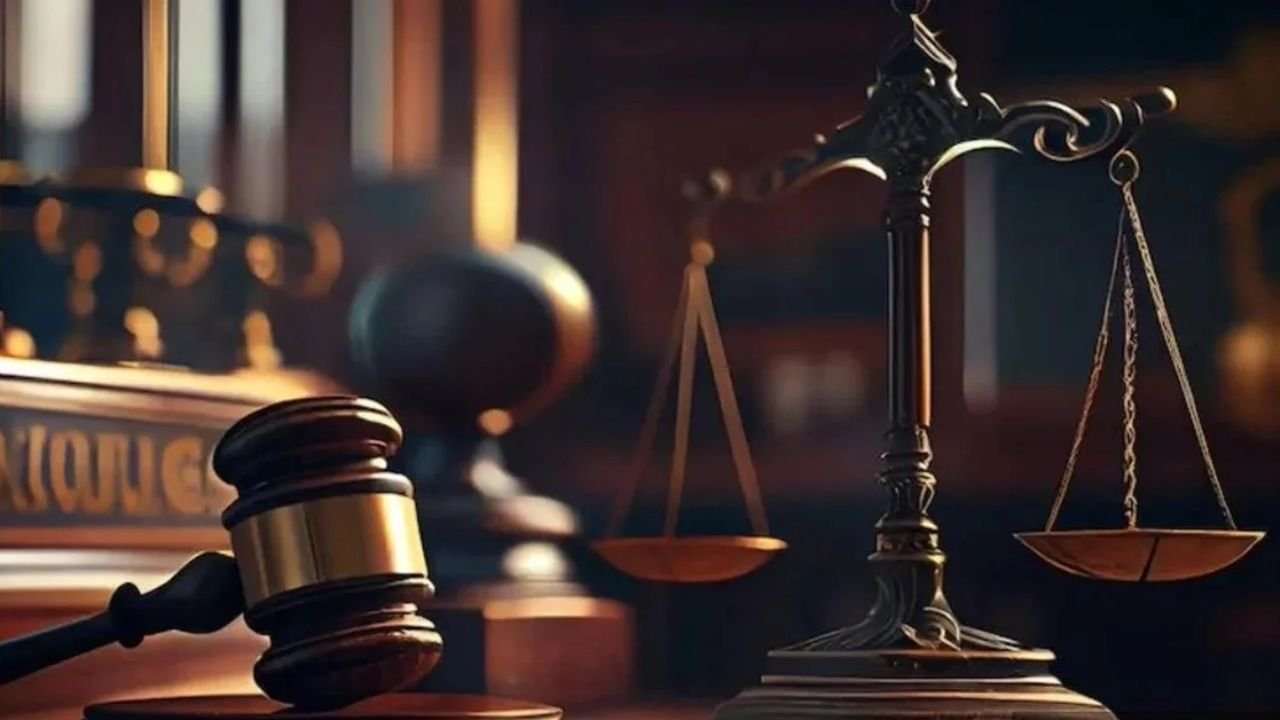In a world where academic integrity is paramount, the C.W. Park USC lawsuit has emerged as a pivotal case with far-reaching implications. This legal battle has captivated legal scholars, university students, and news enthusiasts due to its complex nature and potential impact on academia. In this blog post, we’ll explore the background of the C.W. Park USC lawsuit, examining its legal and ethical implications, the broader impact on the University of Southern California (USC) and the academic community, public response, and ongoing developments. By understanding the intricacies of this case, readers can gain valuable insights into how it shapes academic standards and legal practices.
Background of the C.W. Park USC Lawsuit
The C.W. Park USC lawsuit traces its roots back to a series of events that raised questions about academic practices and integrity. C.W. Park, a prominent figure within the academic community, found themselves embroiled in controversy when allegations surfaced regarding academic misconduct. These allegations prompted USC to launch an internal investigation, scrutinizing the practices and behavior of those involved.
Several key players emerged during this period, contributing to the complexity of the case. The initial allegations centered around potential violations of academic policies, including issues related to authorship, data manipulation, and research ethics. These accusations set the stage for a legal battle that would capture the attention of both the academic and legal communities.
The lawsuit was filed in federal court, drawing attention from scholars, students, and media outlets alike. It quickly became a focal point for discussions about academic conduct, accountability, and the responsibility of institutions to uphold ethical standards. The case’s progression highlighted the intricate balance between upholding academic freedom and ensuring research integrity.
Legal and Ethical Implications
The C.W. Park USC lawsuit presents a myriad of legal arguments and ethical dilemmas that warrant careful consideration. From a legal standpoint, both sides have presented compelling arguments that challenge existing interpretations of academic policies and regulations. The defense argues for the necessity of academic freedom and the right to explore unconventional research methods. Meanwhile, the prosecution contends that unethical practices undermine the credibility of academic institutions and erode public trust.
Ethically, the case raises questions about the responsibilities of researchers and institutions in maintaining transparency and honesty. The lawsuit serves as a reminder of the potential consequences when ethical lines are blurred, and the need for clear guidelines and oversight mechanisms to prevent misconduct. These ethical considerations underscore the importance of fostering a culture of integrity within academia.
The legal and ethical debates surrounding the C.W. Park USC lawsuit extend beyond the courtroom, prompting academic institutions worldwide to reevaluate their policies and procedures. The case underscores the need for robust mechanisms to address allegations of misconduct while safeguarding the principles of academic exploration and discovery.
Impact on USC and the Academic World
The ramifications of the C.W. Park USC lawsuit reverberate throughout USC and the broader academic landscape. USC’s reputation as a leading institution is under scrutiny, with critics questioning the effectiveness of its internal oversight mechanisms and commitment to academic integrity. The lawsuit has prompted the university to reevaluate its policies, strengthening measures to detect and prevent unethical behavior among faculty and researchers.
Beyond USC, the case has catalyzed discussions about the responsibilities of academic institutions in fostering an environment where integrity and accountability thrive. The lawsuit has prompted universities worldwide to review their own practices, ensuring that clear guidelines are in place to prevent similar controversies. This proactive approach highlights the importance of maintaining public trust and preserving the credibility of academic research.
The C.W. Park USC lawsuit serves as a catalyst for change, inspiring academic institutions to prioritize transparency, accountability, and ethical conduct. By learning from this case, universities can fortify their commitment to research excellence and uphold the highest standards of integrity.
Public Response and Ongoing Developments
The C.W. Park USC lawsuit has garnered significant public interest, with media outlets and social media platforms buzzing with discussions about its implications. Public opinion is divided, with some advocating for stringent measures to ensure accountability, while others emphasize the importance of preserving academic freedom. This discourse reflects the broader societal debate about balancing innovation with ethical responsibility.
Media coverage has played a pivotal role in shaping public perception of the case. News articles, opinion pieces, and analysis from legal experts have contributed to a nuanced understanding of the lawsuit’s complexities. The ongoing developments, including court hearings, legal motions, and statements from involved parties, continue to shape the narrative and influence public sentiment.
In recent developments, the lawsuit has prompted renewed discussions about the need for reforms in academic governance and accountability. These conversations underscore the significance of the C.W. Park USC lawsuit as a catalyst for change, sparking initiatives aimed at strengthening institutional practices and fostering a culture of integrity.
You May Also Like: Meet the Press S76E49 In-depth Analysis
Conclusion
The C.W. Park USC lawsuit serves as a poignant reminder of the delicate balance between academic freedom and ethical responsibility. This case has far-reaching implications for universities, researchers, and the broader academic community. By understanding the legal and ethical dimensions of this lawsuit, stakeholders can work towards solutions that uphold the highest standards of integrity while fostering innovation and discovery.
In closing, we encourage readers to continue engaging with this important topic, exploring avenues for reform and advocating for a future where academic excellence and ethical conduct go hand in hand. The C.W. Park USC lawsuit is a testament to the power of dialogue and collective action in shaping a more transparent and accountable academic landscape.
FAQs
What is the C.W. Park USC lawsuit about?
The C.W. Park USC lawsuit centers around allegations of academic misconduct involving C.W. Park, a prominent figure in academia. The case highlights issues related to research ethics and academic integrity, prompting discussions about accountability and transparency in universities.
Why is the C.W. Park USC lawsuit significant?
The lawsuit is significant because it raises important questions about the responsibilities of academic institutions in maintaining ethical standards. It has sparked discussions about the need for reforms in academic governance and has implications for how universities handle similar cases in the future.
How has the C.W. Park USC lawsuit impacted USC?
The lawsuit has prompted USC to review its internal policies and procedures, strengthening measures to prevent academic misconduct. It has also raised questions about the university’s commitment to transparency and accountability, impacting its reputation in the academic community.
What are the broader implications of the C.W. Park USC lawsuit for academia?
The lawsuit has prompted academic institutions worldwide to reevaluate their practices and prioritize transparency and integrity. It underscores the need for clear guidelines and oversight mechanisms to prevent misconduct and maintain public trust in academic research.
How can academic institutions learn from the C.W. Park USC lawsuit?
Academic institutions can learn from this case by implementing proactive measures to address allegations of misconduct, fostering a culture of integrity, and prioritizing transparency and accountability in their practices. By doing so, they can uphold the highest standards of research excellence.











